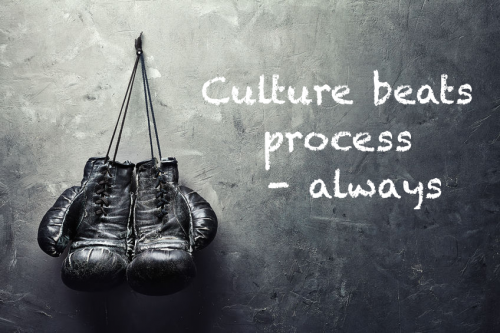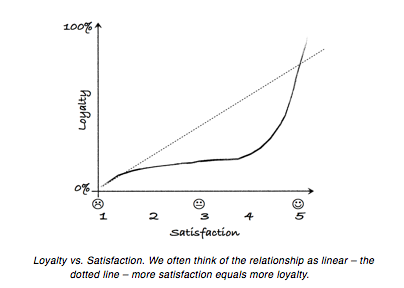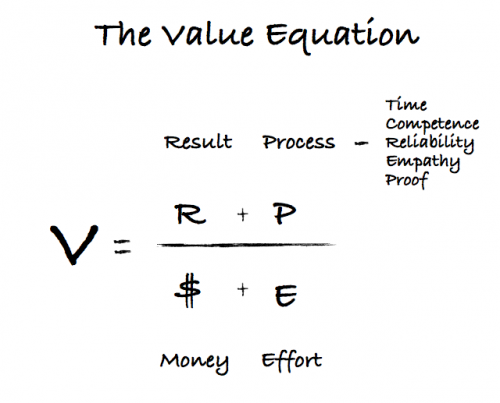
I am researching for a workshop that I will be conducting next week on culture and performance. One of my favorite subjects.
The evidence is very clear: Everywhere we find exceptional customer service, we invariably also find an amazing culture. Culture and performance are inseparable.
It’s not surprising though, if you think about it, your complete customer experience is a direct reflection of your culture. Makes perfect sense.
During my research, I came across this beautiful quote from Brian Chesky, Co-founder, CEO of Airbnb. This is part of a longer letter that he had written to his team, which was later published in Medium:
So how do we build culture?
By upholding our core values in everything we do. Culture is a thousand things, a thousand times. It’s living the core values when you hire; when you write an email; when you are working on a project; when you are walking in the hall. We have the power, by living the values, to build the culture. We also have the power, by breaking the values, to fuck up the culture. Each one of us has this opportunity, this burden.Why is culture so important to a business?
Here is a simple way to frame it. The stronger the culture, the less corporate process a company needs. When the culture is strong, you can trust everyone to do the right thing. People can be independent and autonomous. They can be entrepreneurial. And if we have a company that is entrepreneurial in spirit, we will be able to take our next “(wo)man on the moon” leap.
Ever notice how families or tribes don’t require much process? That is because there is such a strong trust and culture that it supersedes any process. In organizations (or even in a society) where culture is weak, you need an abundance of heavy, precise rules and processes.
Read the full article here
Great service is all about engagement in the front line.
But engagement is inseparable from empowerment.
Empowerment is culture.

